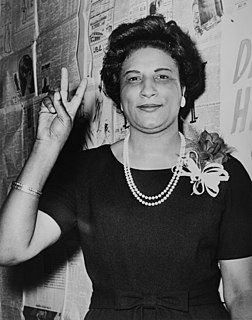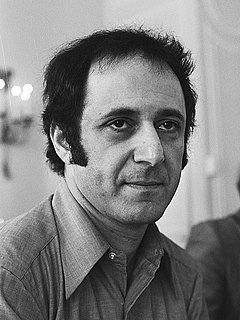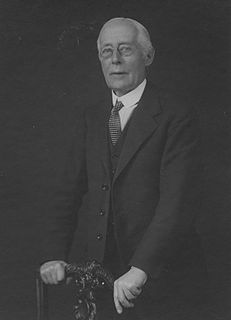A Quote by Janet Reno
When I went to law school, I had Roger Fisher for Civil Procedure. I never heard anything about negotiations.
Related Quotes
When I used to teach civil procedure as a law professor, I would begin the year by telling my students that “civil procedure is the etiquette of ritualized battle.” The phrase, which did not originate with me, captured the point that peaceful, developed societies resolve disputes by law rather than by force.
When I used to teach civil procedure as a law professor, I would begin the year by telling my students that 'civil procedure is the etiquette of ritualized battle.' The phrase, which did not originate with me, captured the point that peaceful, developed societies resolve disputes by law rather than by force.
The common law of chattels, that is to say, the law ultimately adopted by the King's courts for the regulation of disputes about the ownership and possession of goods, was, to be a substantial extent, a by-product of that new procedure which had been mainly introduced to perfect the feudal scheme of land law.
I naively thought I was making a low-budget movie. But, when the film came out, the Daily Variety reviewer at that time who was named Art Murphy described it as an exploitation film. I had never heard that term before. Roger never used it. So that's how I learned that I had made an exploitation film.
Back in 1978, when I was still in high school, I went to see a Broadway show, 'Paul Robeson,' starring James Earl Jones. It was all about Robeson's journey as a human being, an artist, a champion of civil rights. Had I not seen the play, I might not have known who Robeson was. I was certainly never taught about him in school.
Roger stooped, picked up a stone, aimed and threw it at Henry-threw it to miss. The stone, that token of preposterous time, bounced five yards to Henry's right and fell in the water. Roger gathered a handful of stones and began to throw them. Yet there was a space round Henry, perhaps six yards in diameter, into which he dare not throw. Here, invisible yet strong, was the taboo of the old life. Round the squatting child was the protection of parents and school and policemen and the law. Roger was conditioned by a civilization that knew nothing of him and was in ruins.
There hadn't been one done since the late 70s. I was living in Brooklyn, had no connection to Roger Corman, to no one in this movie. I didn't go to film school. I'm like the person who should have never made this film. But I just decided to put one foot in front of the other. I was writing film articles for magazines at the time. I convinced an editor from one of the magazines that I was working for to give me a shot to do a piece on Roger. This was an excuse to go meet him.
If the rights of civil partners are met differently in law to those of married couples, there is no discrimination in law, and if civil partnerships are seen as somehow 'second class' that is a social attitude which will change and cannot, in any case, be turned around by redefining the law of marriage.



































